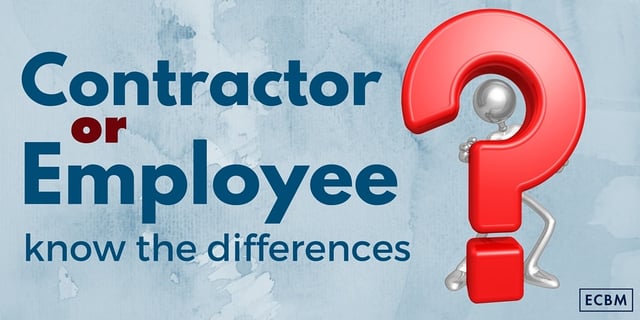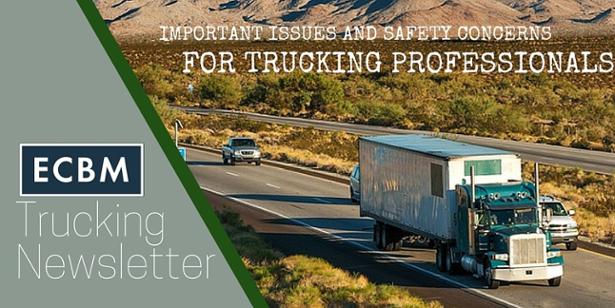
Employers face difficult decisions when it comes times to classify borderline workers as employees or as independent contractors. At first, classifying someone as an independent contractor rather than an employee would seem to offer significant advantages. Companies avoid payroll taxes with independent contractors and do not face issues such as unemployment insurance, worker’s compensation insurance, or employee benefits. On the other hand, the penalties for misclassification can be quite severe.
What Is The Difference Between An Independent Contractor And An Employee In The Trucking Industry?
The distinction between an independent contractor and an employee rests in the amount of employer control. Generally speaking, an independent contractor has control over the manner in which a task is completed and the company has only contracted for a specific outcome. Alternatively, companies have a right to ensure that employees follow company guidelines and can dictate to employees the way in which a task should be completed. Companies willing to reap the benefits of an independent contractor relationship must cede a certain amount of control to the contractor.
The IRS and the Department of Labor both investigate employee misclassification reports in conjunction with various state agencies through memorandum of understandings. The IRS and the DoL use different tests to determine misclassification. The IRS looks at degrees of control through three different factors: behavioral control, financial control, and the type of relationship. Under this test, the IRS will examine factors like who owns the tools used to complete work and whether the employer sets specific hours. Other factors may include whether someone is paid hourly or on a per project basis.
READ MORE: What Business Owners Need To Know About Defining "Independent Contractor"
How To Define Independent Contractors
The Department of Labor on the other hand uses an economic realities test. The economic realities test examines the following seven factors:
- Extent to which the services rendered are an integral part of the principal’s business.
- Permanency of the relationship.
- Amount of the alleged contractor’s investment in facilities and equipment.
- Nature and degree of control by the principal.
- Alleged contractor’s opportunities for profit and loss.
- Amount of initiative, judgment, or foresight in open market competition with others required for the success of the claimed independent contractor.
- Degree of independent business organization and operation.
How Defining Independent Contractors And Employees Impacts Your Business
The economic realities test has arisen through court cases and common law. The Department of Labor and any court reviewing the case will analyze all factors in trying to reach a determination whether a worker qualifies as an independent contractor or an employee.
Employer misclassification is a major issues for employers, employees, and state and federal governments. Studies have placed the amount of lost tax revenue due to misclassification to the federal government in the billions of dollars. The issue also impacts state governments through unemployment insurance funds and worker compensation funds being underfunded. Employees face more complicated tax burdens and lost benefits when misclassified. As for employers, the penalties for misclassifying workers can easily reach millions of dollars. In certain cases, employers such as Uber or FedEx have had to settle misclassification lawsuits for nine figures.
In light of these high costs, employers need to examine their practices with respect to independent contractors to ensure they don’t face stiff penalties at the hands of the IRS.



